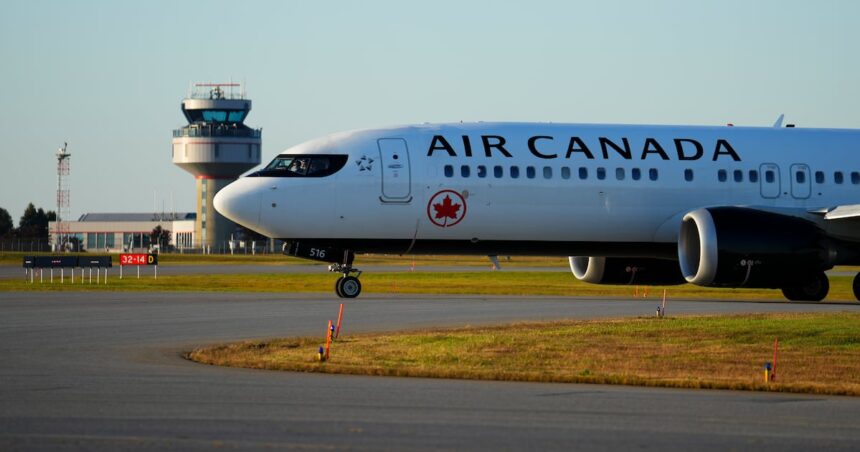As regional tensions reach unprecedented levels across the Middle East, major international airlines have implemented sweeping flight suspensions, creating a significant disruption to global travel patterns. The decisions came in rapid succession following escalated hostilities between multiple regional powers, leaving thousands of travelers stranded and forcing emergency rerouting of essential personnel.
“We’re witnessing a transportation shutdown of historic proportions,” explains aviation analyst Morgan Chen. “The last time we saw suspensions of this magnitude was during the early pandemic, but this is different—these are security-based decisions made with minimal warning.”
Air Canada announced an immediate 30-day suspension of all flights to Tel Aviv, Amman, and Cairo early this morning, with company spokesperson Elise Dubois citing “unpredictable security concerns that cannot be adequately mitigated at this time.” The Canadian carrier joins a growing list of international airlines taking similar precautions.
United Airlines and Delta have suspended all operations to the entire region, including services to the UAE and Qatar which had initially remained operational. British Airways, Lufthansa, and Air France followed suit within hours, creating what industry insiders are calling a “domino effect” of flight cancellations.
Particularly concerning for diplomatic channels is the suspension of flights by Turkish Airlines, which had maintained service as a crucial transportation link during previous regional conflicts. Their announcement, made just before midnight Toronto time, signals a significant escalation in perceived risk.
“These aren’t decisions airlines make lightly,” notes Dr. Aisha Nour, Professor of International Relations at the University of Toronto. “Each suspended route represents millions in lost revenue. When this many carriers independently reach the same conclusion about safety risks, it reflects a deeply concerning intelligence assessment.”
For Canada’s diplomatic corps, the suspensions create additional challenges. Foreign Affairs Minister Catherine MacKenzie confirmed that emergency evacuation protocols have been activated, with military assets being positioned to assist Canadian citizens requiring repatriation.
The economic implications extend beyond the airlines themselves. The business community faces significant disruption to supply chains, with air cargo capacity severely limited. Oil prices surged 8% in overnight trading as markets responded to both the regional tensions and anticipated logistics challenges.
Regional carriers including Emirates, Etihad, and Qatar Airways have maintained limited operations but have implemented extensive rerouting to avoid contested airspace, adding hours to flight times and increasing operational costs significantly.
For travelers, the situation remains fluid. Major booking platforms report overwhelming customer service demands as passengers scramble to find alternative routes home. Travel insurance providers have already begun issuing advisories about coverage limitations for those who booked after initial warnings were issued.
The geopolitical dynamics driving these suspensions involve complex relationships between multiple states, with diplomatic efforts to de-escalate currently showing little progress. United Nations Security Council emergency sessions continue, though analysts remain pessimistic about immediate resolutions.
As this crisis unfolds, the question becomes not just when normal air travel might resume, but whether the regional stability required for safe civilian aviation can be restored in a region where competing interests and historical tensions continue to defy diplomatic solutions.


















